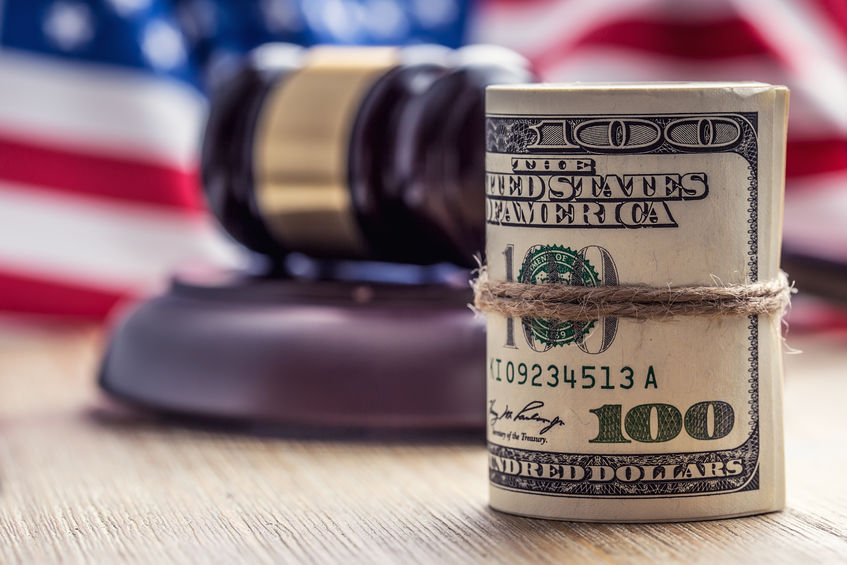For those who received PPP money during the pandemic and misused it, the time of reckoning is already here. More than a dozen criminal cases have been filed across 11 states involving PPP loan misuse. As the Los Angeles Times reports, these first cases involve “blatant fraud” by small businesses and individual business owners, not large corporations.
“One Los Angeles business owner allegedly went to Las Vegas and gambled away some of the $9 million he received in emergency government loans earmarked for his employees,” Staff Writer Sarah D. Wire reports. “A Texas man is accused of using his $1.5-million Paycheck Protection Program funds to pay off a mortgage, while another loan recipient in Georgia is charged with using his $2-million loan to buy a car, jewelry and to pay child support. A Washington, D.C., applicant fabricated Social Security numbers in an attempt to collect money for employees he didn’t really have, federal prosecutors say.”
The U.S. Treasury Department, along with the Small Business Administration, have outlined safe harbor rules—or protection from prosecution—for small businesses that borrowed money through the PPP. When submitting a PPP application, all borrowers certified in “good faith” that “[c]urrent economic uncertainty makes this loan request necessary to support the ongoing operations of the Applicant.”
Furthermore, anyone eligible who received PPP loans with an original principal amount of less than $2 million “will be deemed to have made the required certification concerning the necessity of the loan request in good faith.” The reasoning is that “borrowers with loans below this threshold are generally less likely to have had access to adequate sources of liquidity in the current economic environment than borrowers that obtained larger loans.”
So the Texan cited above would have been OK if he had used the business funds in a responsible manner and not for personal gain.
Borrowers receiving more than $2 million in PPP funds, on the other hand, will be audited for compliance when they ask for loan forgiveness. And, per federal FAQ guidelines, “if SBA determines in the course of its review that a borrower lacked an adequate basis for the required certification concerning the necessity of the loan request, SBA will seek repayment of the outstanding PPP loan balance and will inform the lender that the borrower is not eligible for loan forgiveness. If the borrower repays the loan after receiving notification from SBA, SBA will not pursue administrative enforcement or referrals to other agencies based on its determination with respect to the certification concerning necessity of the loan request.”
The SBA has a long road of policing ahead of it. The Washington Post reports that nearly 90,000 companies in the PPP program took the aid without promising they would rehire workers or create jobs, which is a requirement.
“[The SBA also handed out loans to private schools catering to elite clientele, firms owned by foreign companies and large chains backed by well-heeled Wall Street firms,” the paper points out.
Among these offenders, however, will be small businesses and business owners without a clear-cut case of defiance. For them, good faith may have been attempted, but not fully achieved.
Texas attorney and Forbes contributor Bruce Brumberg offers some warnings for those businesses on the fringe, including insights from prosecuting attorneys who investigated and prosecuted individuals who fraudulently received relief funding during the financial crisis of 2008-2009. You can read the full article here, which includes these key points:
- If you signed the documents, you’re responsible for the claims they make. Don’t rely on what you’re told, especially if it means ignoring inaccurate or suspect information.
- Your definition of “employee versus independent contractor” could be questioned if your independent workforce pushes your total workforce numbers past 500 people.
- “No fish will be too small for the net,” the attorneys warn. Once fraud is suspected (like self-dealing), the amount of the loan won’t matter. Random reviews may happen as well.
- Prior loans/lines of credit may be reviewed, and discrepancies in application information you provided may need to be explained.
PPP loan forgiveness is out there, but it requires several hoops to jump through—perhaps even more than receiving the funds in the first place. Feel free to contact us with questions.


